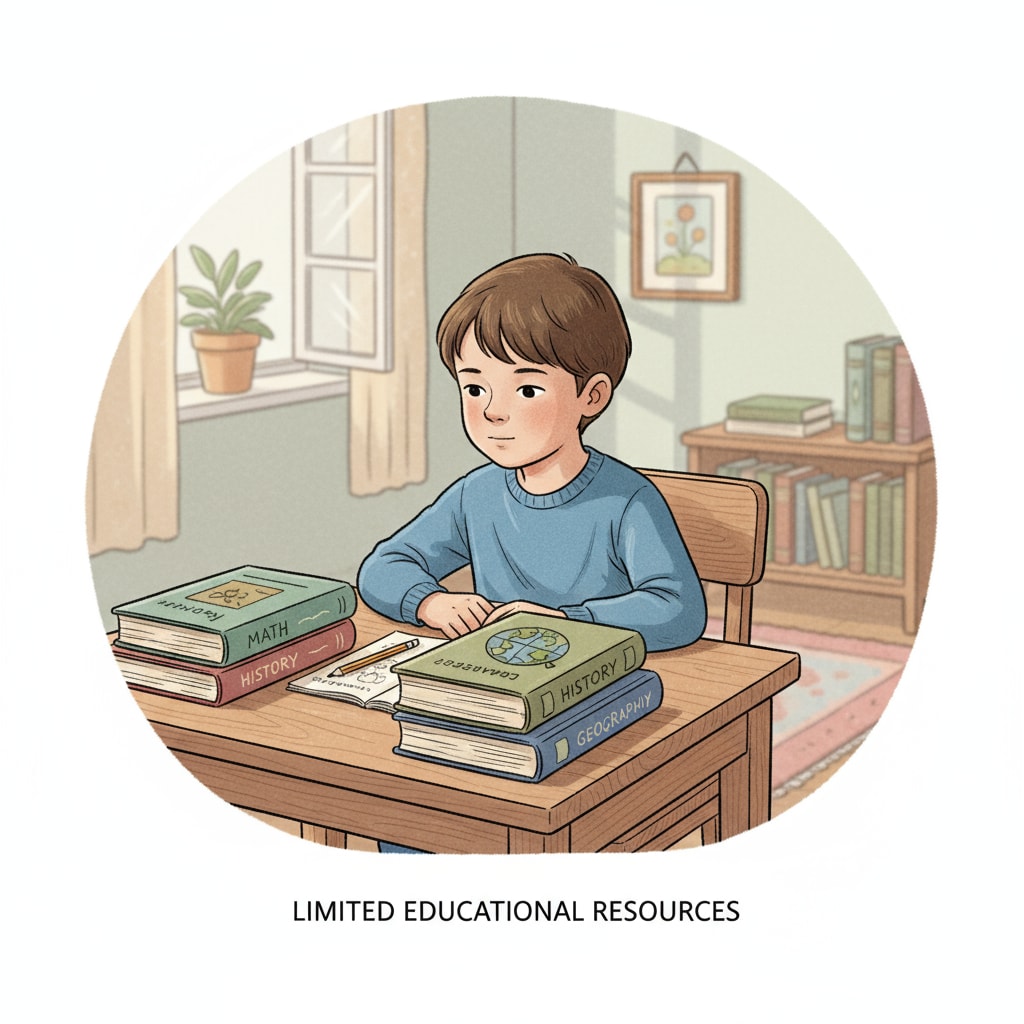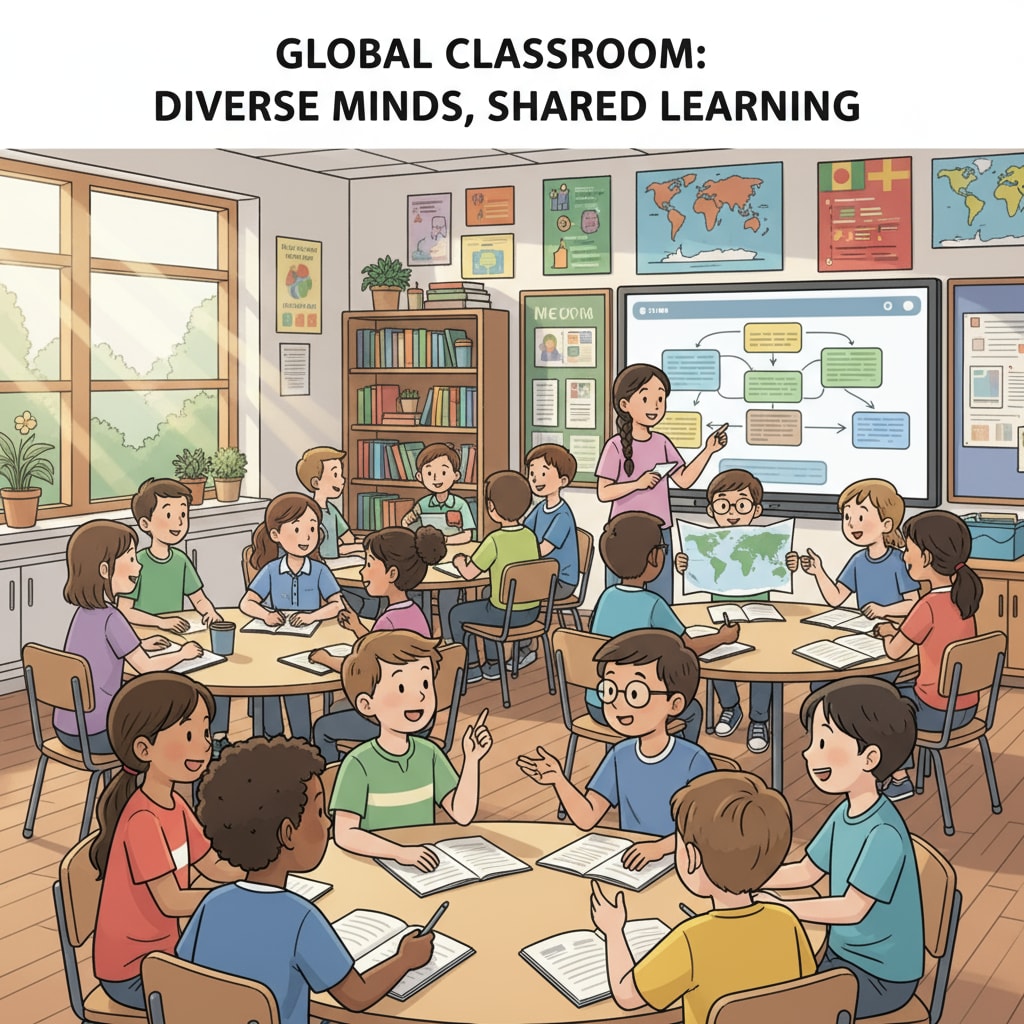Home schooling, bias, and public schools are interconnected aspects in the realm of education. When considering the education of children, the choice between home schooling and public schools brings to light various issues, one of which is the potential limitation of children’s exposure to diverse perspectives in a home school setting.

In public schools, students are exposed to a wide range of ideas and beliefs from different teachers, classmates, and curricula. However, home schooling might inadvertently create an environment where children are shielded from such diversity.
The Public School Advantage in Fostering Diverse Thought
Public schools serve as melting pots of ideas. With a large number of students from different backgrounds, children are bound to encounter various viewpoints. Teachers, too, bring in their own knowledge and experiences, presenting multiple ways of thinking. For example, in a history class, a teacher might introduce different interpretations of historical events, encouraging students to think critically. According to Wikipedia’s page on Public Education, public schools are designed to provide a broad-based education that includes exposure to diverse cultures and ideas. This exposure helps students develop a more comprehensive understanding of the world.

The Potential for Bias in Home Schooling
In home schooling, the educational environment is often shaped by the parents’ beliefs and values. While parents have the best intentions, their own biases can unknowingly be passed on to their children. For instance, if a parent has strong political or religious views, the curriculum might be tailored to reflect those views. This can limit the child’s ability to consider alternative perspectives. As stated on Britannica’s Education page, a well-rounded education should expose students to a variety of ideas, which might be lacking in some home school situations.
Moreover, the limited social interaction in home schooling compared to public schools means that children have fewer opportunities to challenge and refine their own beliefs through discussions with peers who hold different views. This lack of exposure to diverse opinions can potentially lead to a more narrow-minded perspective as the child grows up.
In conclusion, while home schooling has its advantages, it is crucial to be aware of the potential limitations in providing children with exposure to diverse perspectives. Public schools offer a rich environment for the exchange of ideas and the development of open-mindedness. Parents considering home schooling should carefully weigh these factors to ensure that their children receive a well-rounded education that prepares them for a diverse and complex world. Readability guidance: We have used short paragraphs and presented key points clearly. The passive语态 has been minimized, and transition words like ‘however’, ‘for example’, and’moreover’ have been used to enhance the flow of the article.


